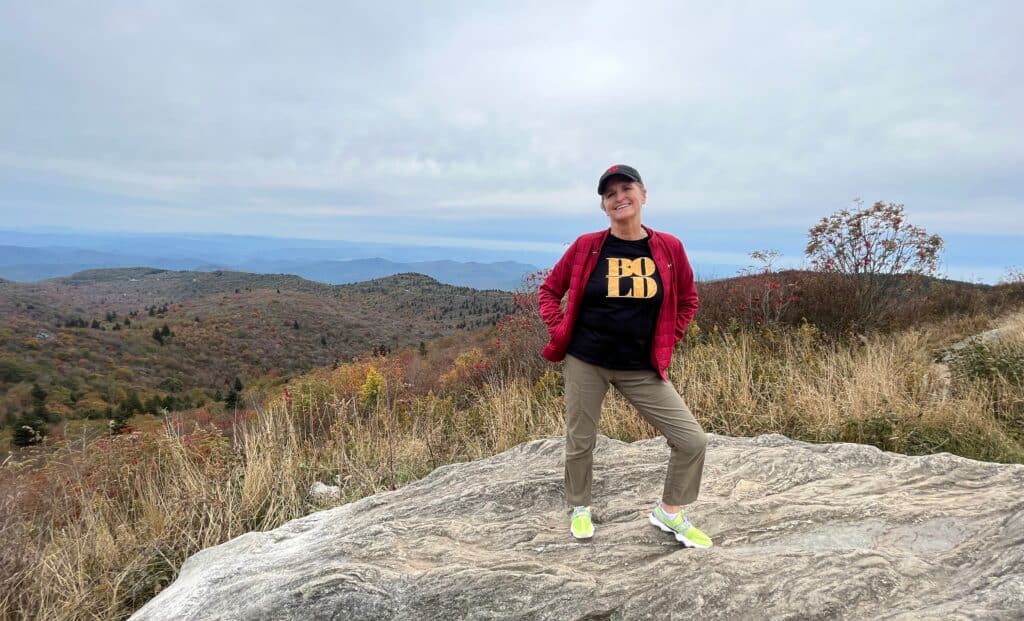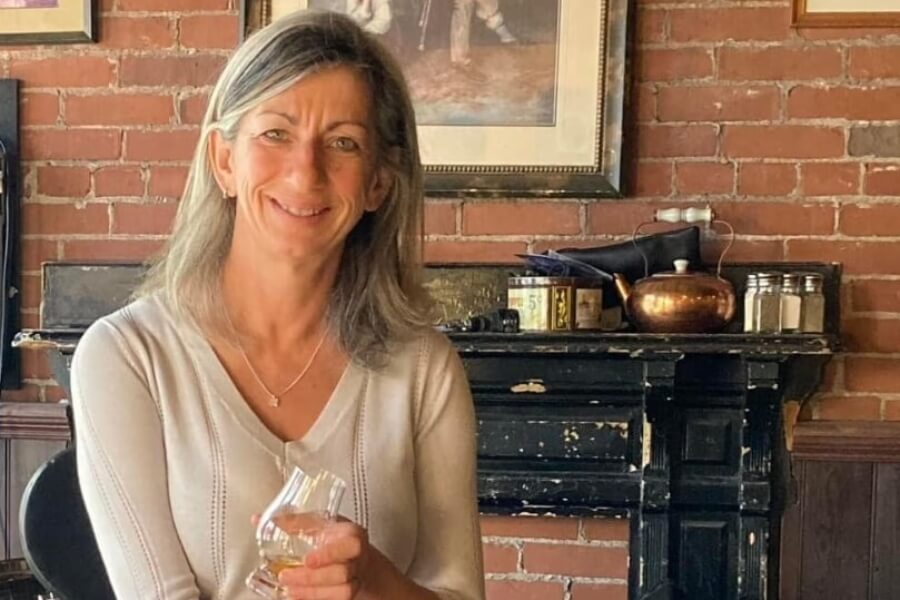Grief is a socially awkward emotion. It’s hard enough to negotiate in one-on-one conversations—what can you say to a bereaved person that won’t sound wooden, idiotic, or insensitive? In social settings, it’s even worse. But since it’s entirely likely the mourner does not want to talk about it, we can spare ourselves the trickiness of bringing it up. No death at the dinner table.
Everyone has connections to the people whose work has become part of us.
One exception to this rule is celebrity death. That, everybody loves to talk about. I don’t know how many tables I sat at last summer searching to understand what happened to Anthony Bourdain and Kate Spade, or sharing memories of Aretha. How much time have we spent processing Kurt Cobain, Spalding Grey, Whitney Houston, Princess Di? These deaths can feel almost as personal as those of friends and family. That was the case for me with the three musicians I included in my new book of essays, The Baltimore Book of the Dead, in which I profile people in my life who have died including my mother, other relatives, friends, neighbors, and colleagues.
The three times I saw Prince, in my 20s, 40s, and 50s, seem emblematic of those parts of my life (see below for more about Prince). With David Bowie, there was one summer I told everyone at camp my name was Mike. Mike didn’t last long, but he was somehow related to Bowie, to his gorgeous and frankly androgynous persona. As for Lou Reed, he died of Hepatitis C, which I also had and had gotten the same way he did. Luckily, I survived. Everyone has connections like this (or perhaps nothing like this, but connections nonetheless) to the people whose work has become part of us, whether they are musicians, writers, visual artists, activists, or politicians.
Celebrity Deaths: Grieving in a Communal Way
Even if the celebrity who has died is not one of our personal pantheon, the death still demands attention. The death of a genius, or a beauty, or a young person reinforces the truth of death’s inevitability. Nothing stops it. Not beauty, not humor, not talent, not wisdom. Not youth or health or goodness or fame or love. Not people who need us. Not a job to do. And in the case of suicide or drug overdose, these questions are even more fraught.
A celebrity death is one of the few times we can talk about death that isn’t intimidating or uncomfortable.
But unlike an intimate, personal loss that’s hard to talk about, when a beautiful princess or a brilliant poet or a successful young father dies, everybody is dealing with the shock and sense of loss all at once, together. It’s almost a pleasure to grieve in the vast communal way we’ve developed, piling teddy bears and roses and handwritten notes at the site of the accident, reading articles and watching programs on television—a pleasure compared to sitting alone in your backyard with a broken heart, crying. Much better to go to a showing of Purple Rain, or a Keith Haring retrospective, to snatch up a People magazine with some new aspect of the story on Heath Ledger or Cory Monteith or Philip Seymour Hoffman. I can’t wait to see the new movie about Gilda Radner—I loved her work, but I was too young and caught up in my own life when she died to fully take it in. A celebrity death never grows old in its power to move us.
I don’t think grieving a celebrity death is silly. It’s one of the few times we can talk about death that isn’t intimidating or uncomfortable, sometimes a way we can release a more personal grief we’re coping with. It definitely is a topic for the dinner table.
The Artist (died 2016)
Excerpt from The Baltimore Book of the Dead, by Marion Winik, Counterpoint
 The first time I saw him, 1999 was far in the future and we were as bad as we would ever be. My sister and Steve, Tony and me, high as kites at Radio City Music Hall, in our terrible eighties clothes and our big pink hair. He sang “International Lover” from a flying bed. When it was over, we found the car sitting right where we’d parked it on Fifth Avenue, despite having left the keys dangling in the door.
The first time I saw him, 1999 was far in the future and we were as bad as we would ever be. My sister and Steve, Tony and me, high as kites at Radio City Music Hall, in our terrible eighties clothes and our big pink hair. He sang “International Lover” from a flying bed. When it was over, we found the car sitting right where we’d parked it on Fifth Avenue, despite having left the keys dangling in the door.
The next time I saw him was again with my sister. It was the new millennium and our luck had flip-flopped several times: both the boys from the first scene were long dead and she had ten years clean. We were with our third and second husbands in the very last row of the Meadowlands. He was far away, a 5’2” vegan Jehovah’s Witness from Minneapolis with a genius as big as the moon.
Ten thousand voices singing You, I would die for you, and it felt like something good could happen in this maddened city.
The last time I saw him was shortly after the Baltimore uprising, when he gave a concert for peace on Mother’s Day. As if I knew it was my last chance, I paid $1,000 for my daughter and me to sit in the third row. The fog machine started blowing, the purple lights came up and then they poured out one after another, the top ten on my subconscious jukebox. The swelling, melancholy chords of “Little Red Corvette,” the skittering riff that starts “When Doves Cry.” Ten thousand voices singing You, I would die for you, and it felt like something good could happen in this maddened city. I was bent over, sobbing. Mom, said my daughter. Watch the show.
I was so proud to have been born in the same year as him. Prince, Madonna, Keith Haring, Michael Jackson and me, I used to say. Now Madonna and I are holding down the fort. I could not believe he died of an overdose until the autopsy came out. The original straight-edge, taken down by shattered hips and platform shoes. He saw it coming, had called a doctor who was on the way to take him to rehab. For weeks, I couldn’t stop searching for articles about it, as if one might have a different ending.
***
University of Baltimore professor Marion Winik is a beloved and prolific writer. She hosts The Weekly Reader podcast on WYPR. To sign up for her monthly email, go to marionwinik.com.
Read More by Marion Winik
Telling: Confessions, Concessions, and Other Flashes of Light




















0 Comments